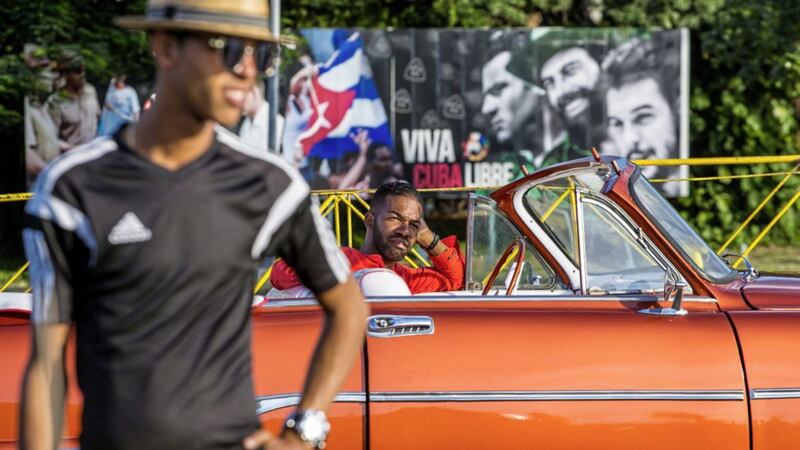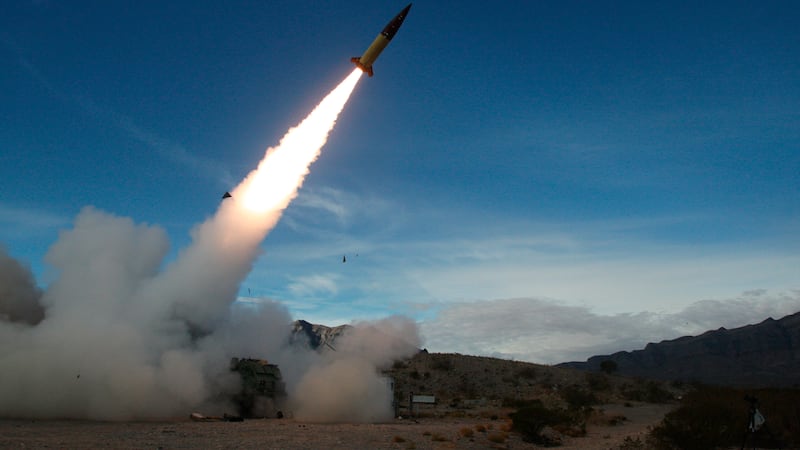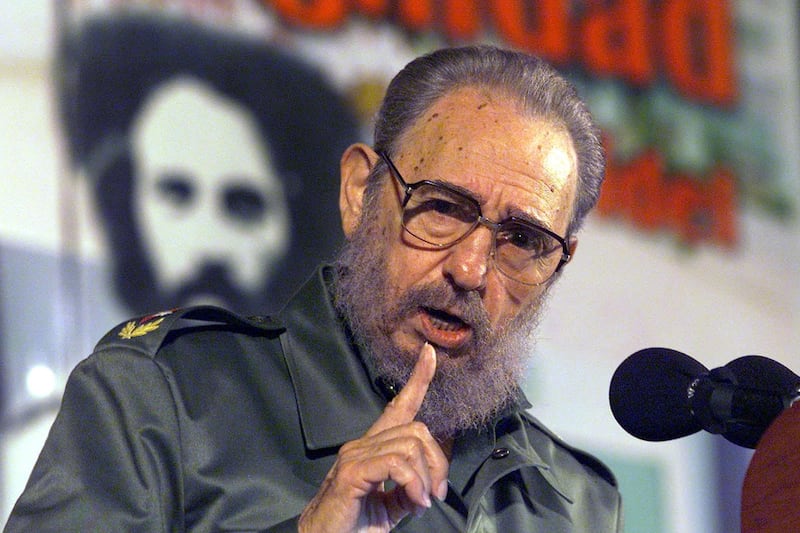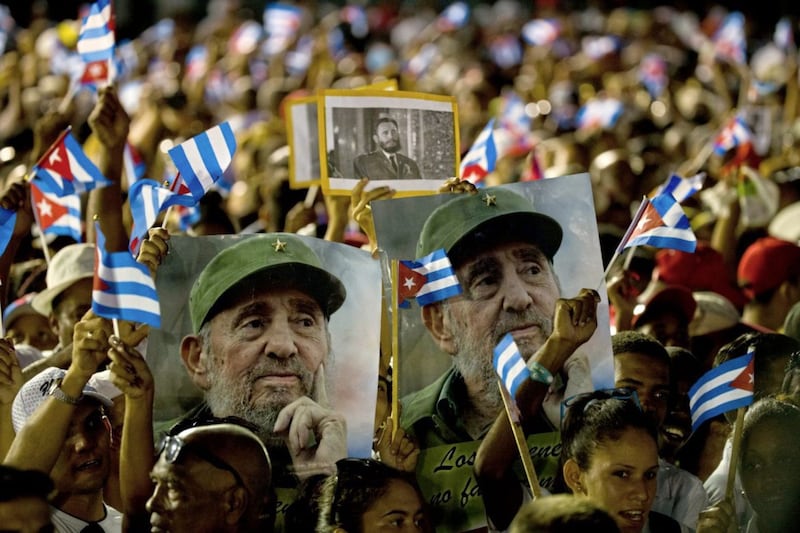TOURISTS who went to Havana for salsa music and mojitos ended up wandering through a city turned silent by nine days of national mourning for Fidel Castro.
As Cuba prepares a massive commemoration for the leader of its socialist revolution, tens of thousands of high-season travellers have found themselves accidental witnesses to history - and smack in the middle of a sombre city that is far from its usual exuberant self.
Tens of thousands of Cubans returned to the streets yesterday when simultaneous 21-gun salutes sounded in the capital and in the eastern city of Santiago, where Castro launched his revolution in 1953.
Cubans also began filing through the monument to national hero Jose Marti in the centre of Havana's Plaza of the Revolution, where the government said they would "render homage and sign a solemn oath to carry out the concept of revolution expressed by the revolutionary leader".
The government did not say if the ashes of the 90-year-old former president would be on display inside the monument. Virtually all schools and government offices were closed during the homage to Castro.
On Wednesday, Castro's ashes will begin a three-day procession east across Cuba, retracing the march of his bearded rebel army from the Sierra Maestra mountains to the capital. Castro's ashes will be interred on Sunday in Santa Ifigenia cemetery in Santiago, Cuba's second-largest city.
Many museums have closed their doors, and a state-sanctioned ban on live music has meant cancelled concerts and closed nightspots including the famed Tropicana nightclub.
Old Havana is eerily devoid of the roving troubadours whose Buena Vista Social Club croonings normally echo through the cobblestone streets. And the 1950s classic cars that function as collective taxis are doing so without the usual reggaeton at maximum volume.
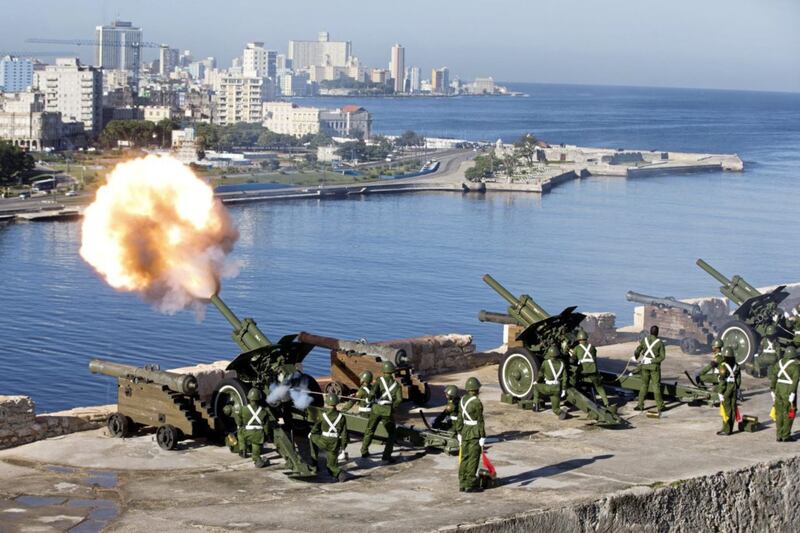
A citywide ban on most alcohol sales means those savouring Cuban cigars for the first time have to do so without the traditional accompanying snifter of rum.
The closures probably affect Cubans even more. Cinemas where it costs just a few pence to take in a film have been shuttered, along with theatres and dance halls.
There is a sense that having a good time would be considered disrespectful to the memory of the man who remade Cuba into a socialist state and wholly decided its fortunes from the 1959 revolution until severe illness forced him from power a decade ago.
"We are in mourning because the president died," Manuel Ruiz (57), a parking attendant said.
"He is a man who deserves respect."
More than three million tourists visited Cuba last year.
